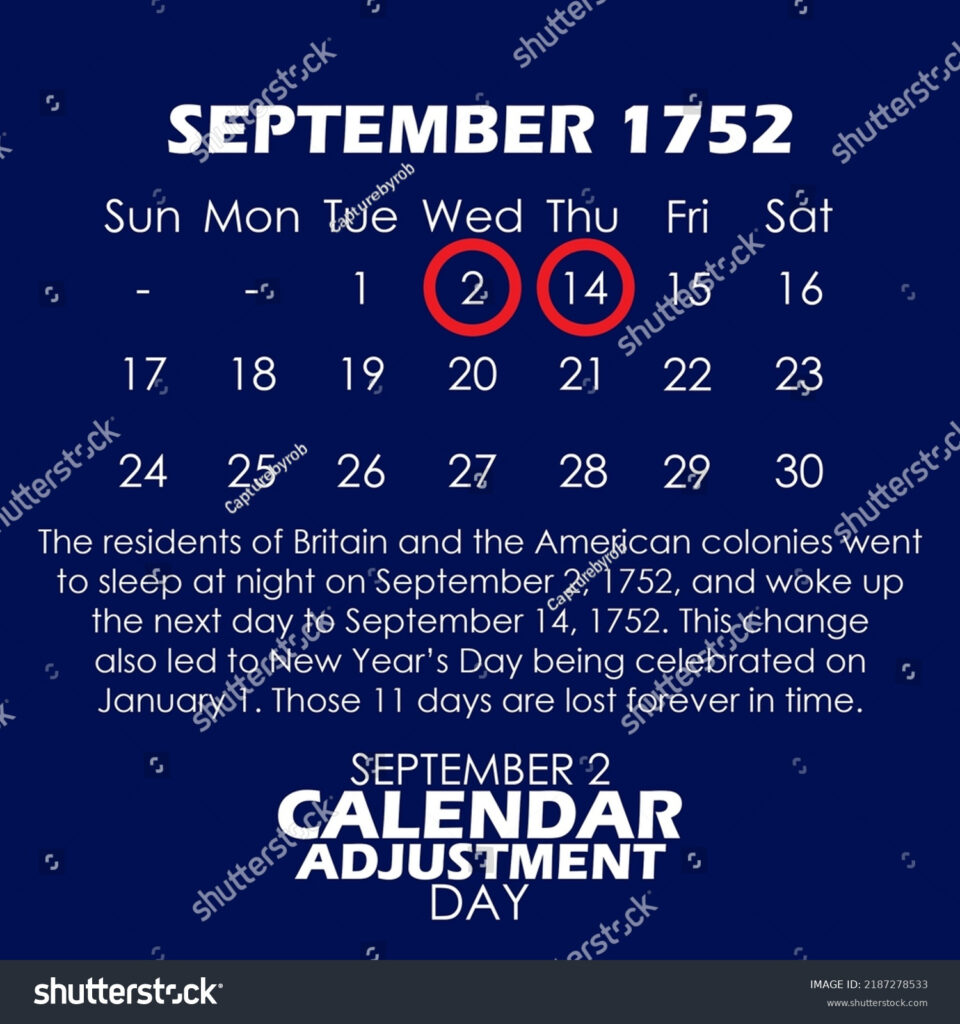In September 1752, the Gregorian calendar was adopted in the British Empire, resulting in a significant change in the way dates were recorded. The transition from the Julian calendar to the Gregorian calendar meant that 11 days were omitted from the month of September, with September 2nd being followed by September 14th. This change was made to align the calendar with the solar year more accurately.
September 1752 was a month of transition and adjustment for many people in the British Empire, as they had to adapt to the new calendar system. Despite the confusion and disruption caused by the calendar change, it ultimately led to a more accurate and reliable way of recording dates and time.
1752 Year September Calendar
Events in September 1752
During September 1752, several significant events took place around the world. In the American colonies, tensions were rising between the colonists and the British government, foreshadowing the American Revolutionary War that would break out years later. In Europe, various conflicts and diplomatic negotiations were ongoing, shaping the political landscape of the continent.
September 1752 was also a time of cultural and intellectual flourishing, with many artists, writers, and thinkers making significant contributions to their respective fields. The month was filled with creativity and innovation, as people sought to make sense of the changing world around them.
Conclusion
Overall, September 1752 was a month of transition, change, and innovation. The adoption of the Gregorian calendar marked a significant shift in how dates were recorded, while events around the world shaped the course of history. Despite the challenges and uncertainties of the time, people in 1752 embraced the opportunities for growth and progress, leaving a lasting impact on future generations.
